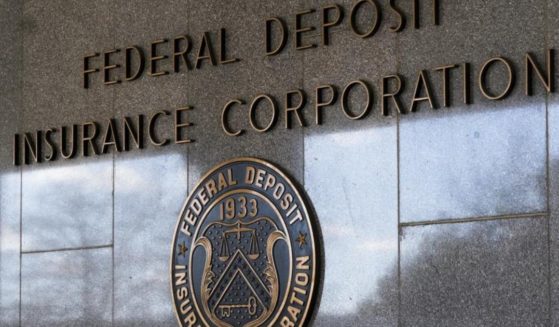Feds Charge 21 Individuals in International Cryptocurrency Laundering Sting
The Department of Justice has charged 21 people in an investigation into cryptocurrency money laundering that spanned multiple nations.
The money was stolen from fraud victims through romance scams, compromised business emails, technical support schemes and other methods, according to a news release from U.S. Attorney Brit Featherston of the Eastern District of Texas. The funds were then converted to cryptocurrency to hide what was stolen.
“These defendants orchestrated highly organized and sophisticated schemes to launder fraud proceeds through cryptocurrency,” Featherston said.
“Today’s announcement sends a clear message that money laundering networks that service fraud schemes targeting American victims, especially the elderly, will not be tolerated, and those operating such networks will be held accountable. By acting as domestic money launderers for foreign co-conspirators, these defendants played indispensable roles that allowed foreign actors to reach from overseas to target victims in communities across the United States,” he said.
William Smarr, Special Agent in Charge of the U.S. Secret Service’s Dallas Field Office, said the investigation, dubbed Operation Crypto Runner, is not done yet.
“These arrests are just the beginning. We are committed to bringing each of the remaining perpetrators to justice,” he said.
The release said that Operation Crypto Runner has “disrupted more than $300 million in annual money laundering transactions, seized and forfeited millions in cash and cryptocurrency, and identified thousands of victims.”
Individuals arrested are from New York state, Maryland, Texas, Virginia, California, Nevada, South Carolina, Indiana, Pennsylvania and Florida.
“This case proves that we can track these people down and charge them,” Secret Service Resident Agent in Charge Bill Mack said, according to CNBC.
Among the cases cited in the release was that of Zenobia Walker, 65, of Temple Hills, Maryland, who pleaded guilty to conspiracy to operate an unlicensed money-transmitting business and has been sentenced to 18 months in federal prison.
Walker received money from various fraud schemes — including romance schemes — put the money in the bank, and then withdrew it to exchange the cash for cryptocurrency on behalf of her foreign co-conspirators, exchanging $308,800 between December 2019 and September 2020.
Tulasidas Konda, 57, of Amelia Court House, Virginia, allegedly laundered $4,172,061.58 in revenue from “various scams,” the DOJ release said. The department said an organization run by Konda “routinely exchanged the criminal proceeds for cryptocurrency and directed the cryptocurrency to wallets under the control of their foreign co-conspirators.”
John Khuu, 27, of San Francisco, is accused of laundering $5,350,000. He is accused of distributing counterfeit medicines and other controlled substances on the dark web, getting paid in cryptocurrency.
Earlier this month, the Justice Department said two Estonian citizens were arrested in Tallinn, Estonia, in what it said was a $575 million cryptocurrency fraud and money laundering operation.
The two Estonians ran multiple scams, including one in which they convinced victims to enter into fraudulent equipment rental contracts with their cryptocurrency mining service, and another in which victims were duped into investing in a virtual currency bank called Polybius Bank.
“In reality, Polybius was never actually a bank, and never paid out the promised dividends,” the DOJ document reported. Instead, the two suspects allegedly collected more than $575 million from victims and then used shell companies to launder the funds and to buy real estate and luxury cars.
“New technology has made it easier for bad actors to take advantage of innocent victims – both in the U.S. and abroad – in increasingly complex scams,” said Assistant Attorney General Kenneth A. Polite, Jr. of the Justice Department’s Criminal Division. “The department is committed to preventing the public from losing more of their hard-earned money to these scams and will not allow these defendants, or others like them, to keep the fruits of their crimes.”
2/ Reports that the funds stolen from FTX were actually sent to the Securities Commission of The Bahamas are incorrect. Some funds were stolen, and other funds were sent to the regulators.
— Chainalysis (@chainalysis) November 20, 2022
Cryptocurrency from the collapsed FTX exchange has even been stolen, according to CNBC.
Hackers have stolen about $477 million in cryptocurrency and are trying to launder the funds, the report said.
At its peak, FTX was valued at $32 billion, but it went bankrupt when it could not cover investors’ claims for their cash.
CEO John Ray III has said that “unauthorized access to certain assets has occurred.”
Truth and Accuracy
We are committed to truth and accuracy in all of our journalism. Read our editorial standards.












